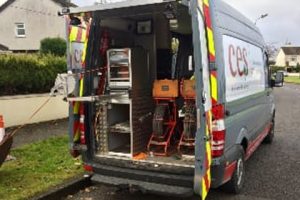Home / Oil Interceptor Cleaning
Oil Interceptor Cleaning
CES Provide Oil Interceptor Cleaning, Maintenance services, Protecting your business and Surrounding environment
30 Years’ Experience
Fast Professional Service
Specialist Equipment For All Your Requirements
24/7 Emergency Call Out
Highly-Trained And Professional Technicians
Customer Satisfaction Guarantee
What Does An Interceptor Do?
A Petrol or Oil interceptor tank acts as a barrier to intercept spills or leaks of oil, petrol, fuel or grease from contaminating the waterways. The separated oil, petrol fuel and grease are collected in the interceptor tank preventing harmful contaminants polluting our waterways. Regular cleaning and emptying of oil or petrol interceptor systems helps prevent you from environmental mishaps, which can be highly costly in terms of penalties and clean-up fees, not to mention environmental damage. The interceptor requires regular emptying and cleaning to ensure the tank is working to its optimum level.
Where Requires An Interceptors?
Once on site we Jet the drain, sewer etc. thus this enables us to clear any lose debris prior to surveying.
- Garage Forecourts
- Car parks
- Car wash areas
- Bus depots
- Industrial yards where vehicle parking, repairs or washing takes place
- Supermarkets
- Large retail parks
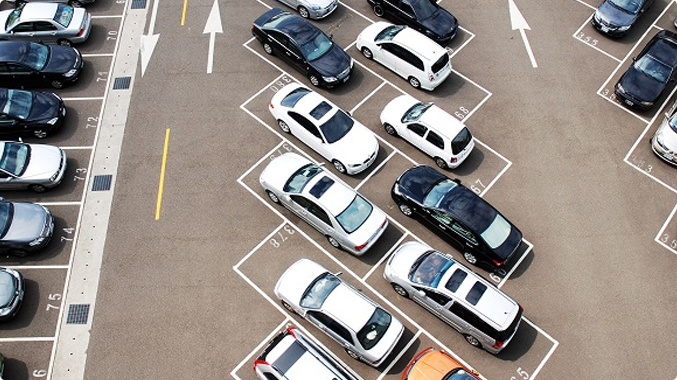
What Does An Oil Interceptor Do?
An Oil interceptor tank acts as a barrier to intercept spills or leaks of oil, fuel or grease from contaminating the waterways. The separated oil, fuel and grease are collected in the interceptor tank preventing harmful contaminants polluting our waterways. The interceptor requires regular emptying and cleaning to ensure the tank is working to its optimum level.
CES Environmental Interceptor Cleaning Processes
CES have a team of fully qualified and experienced personnel and fleet of powerful vacuum tankers. Our trucks are capable of safety removing the contents of an interceptor and hauling it to a permitted disposal site.
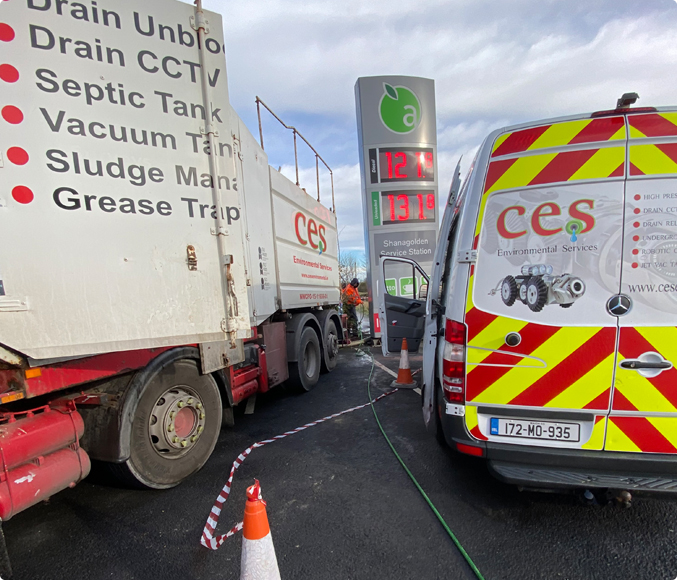
CES Environmental offer planned regular interceptor emptying and maintenance programs.
- Compliant to Environmental Standards.
- Interceptor is working as intended.
- Prevent any potential blockages.
- Planned works ensuring none or little downtime for business.
- Minimize pollution.
- Emergency 24/7 cover.
What other interceptor services do CES Environmental Cover?
- Drain unblocking.
- Drain Rehabilitation.
- CCTV Drain Surveys.
Oil Interceptor Cleaning / Emptying FAQs
What is an oil interceptor?
Why is oil interceptor emptying and cleaning important?
Regular oil interceptor emptying & cleaning are crucial to maintaining its effectiveness in capturing oil, petrol, and grease, preventing blockages in the drainage system, and avoiding potential environmental hazards. It also ensures that your interceptor operates within local regulations and reduces the risk of fines or penalties.
How often should an oil interceptor be cleaned or emptied?
What are the signs that my oil interceptor needs cleaning or emptying?
- Some common signs that your oil interceptor needs cleaning or emptying include:
- Unpleasant odours near the interceptor
- Slow draining water
- Visible oil or grease in the drainage system
- Frequent blockages in the drainage system
What is the process of oil interceptor cleaning and emptying?
- The process of oil interceptor cleaning and emptying typically involves the following steps:
- Site assessment and preparation
- Removal of accrued oil, grease, and sludge using vacuum trucks or other suitable equipment
- High-pressure water jetting to clean the interceptor walls and pipework
- Inspection and, if necessary, repair of interceptor components
- Proper disposal of waste materials in compliance with local regulations
- A detailed service report
How can I schedule an oil interceptor cleaning or emptying service with CES Environmental Services?
To schedule an oil interceptor maintenance (cleaning or emptying) service with CES Environmental, visit our website at the contact page and fill out our contact form, or call us directly at 065 6866850. Our team of professionals is ready to assist you with your oil interceptor maintenance needs.
Are there any preventive measures I can take to reduce the need for frequent oil interceptor cleaning or emptying?
- Yes, some preventive measures you can take include:
- Implementing best practices for waste disposal in your facility
- Regularly inspecting the interceptor for signs of excessive oil and grease aggregation
- Educating employees on the importance of proper waste disposal and oil interceptor maintenance
- Installing screens or filters in drains to capture solid waste before it reaches the interceptor
Other Services
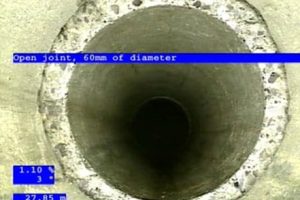
No Dig Repairs Pipe Patching

Drain Repair Pipe Repair
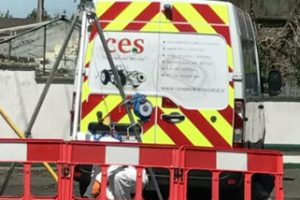
Manhole Relining
